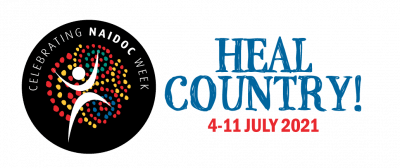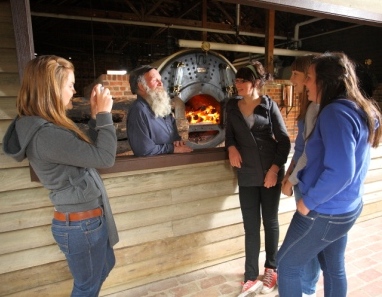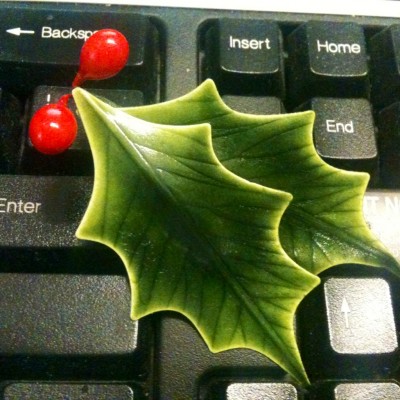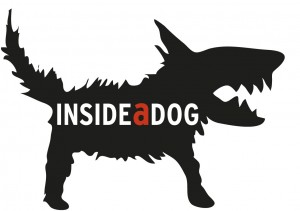There are two important events coming up in the calendar you can celebrate in your school library, both of which are fun and easy with wonderful ready made resources for you to access.
The Great Book Swap
The Great Book Swap is a fantastic way to celebrate reading locally, learn more about Indigenous languages and culture, while raising funds for the Indigenous Literacy Foundation. Schools, workplaces, libraries, universities, book clubs, individuals and all kinds of organisations can host a Great Book Swap. The idea is to swap a favourite book in exchange for a gold coin donation.
This year, the Indigenous Literacy Foundation are aiming to raise $350,000! By registering to host a Great Book Swap at your school or library, you will be actively helping them gift 35,000 new, carefully chosen books to children in remote communities across the country. Yo can find resources and register HERE.
NAIDOC Week celebrations are held across Australia each July to celebrate the history, culture and achievements of Aboriginal and Torres Strait Islander peoples. NAIDOC is celebrated not only in Indigenous communities, but by Australians from all walks of life. The week is a great opportunity to participate in a range of activities and to support your local Aboriginal and Torres Strait Islander community.
NAIDOC originally stood for ‘National Aborigines and Islanders Day Observance Committee’. This committee was once responsible for organising national activities during NAIDOC Week and its acronym has since become the name of the week itself. Find out more about the origins and history of NAIDOC Week.
Each year, there is a different focus city for the National NAIDOC Awards Ceremony. The focus city, National NAIDOC Poster Competition and the NAIDOC Awards recipients are selected by the National NAIDOC Committee.
Local community celebrations during NAIDOC Week are encouraged and often organised by communities, government agencies, local councils, schools and workplaces.
Have you thought about organising a NAIDOC event in your Library? A few suggestions about how you can celebrate NAIDOC can be found on this website.
The learning resources available to all students through the NAIDOC website are invaluable for teachers and students and can be foudn HERE.





